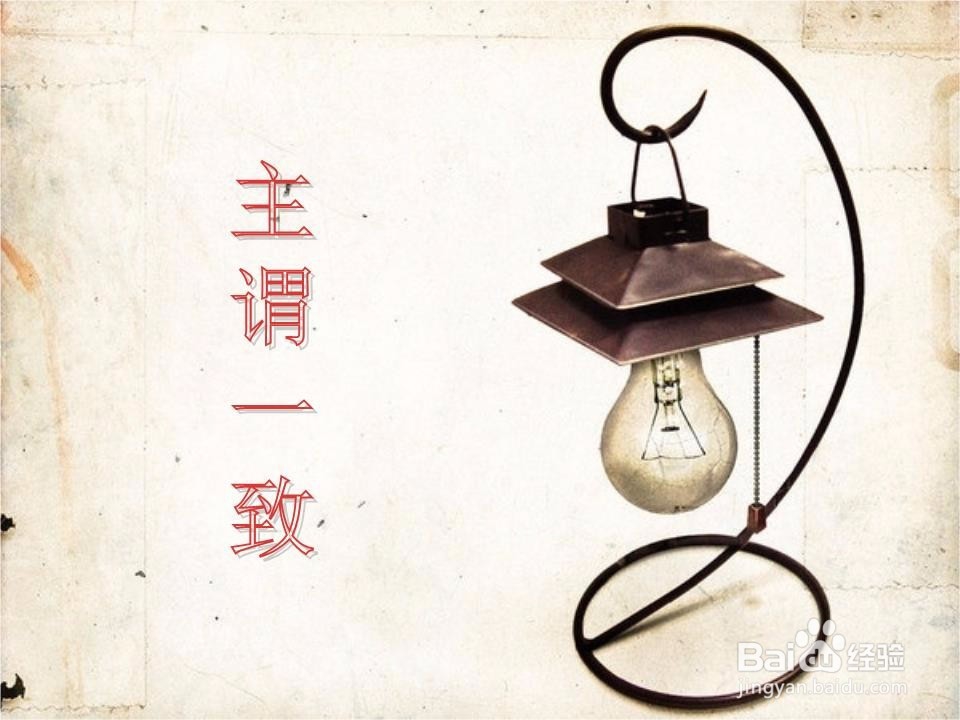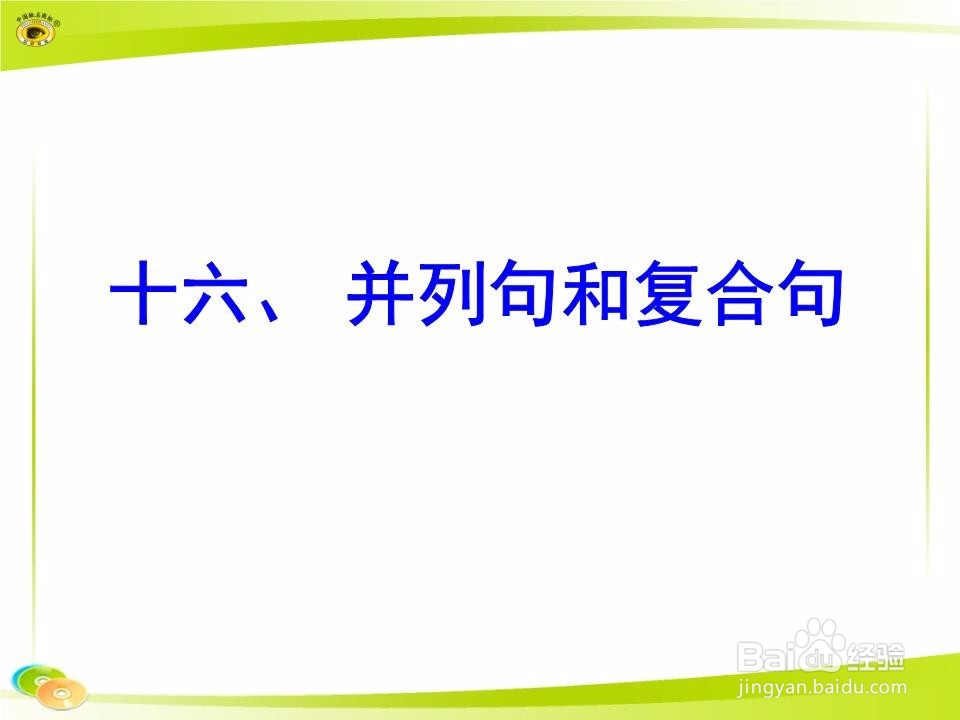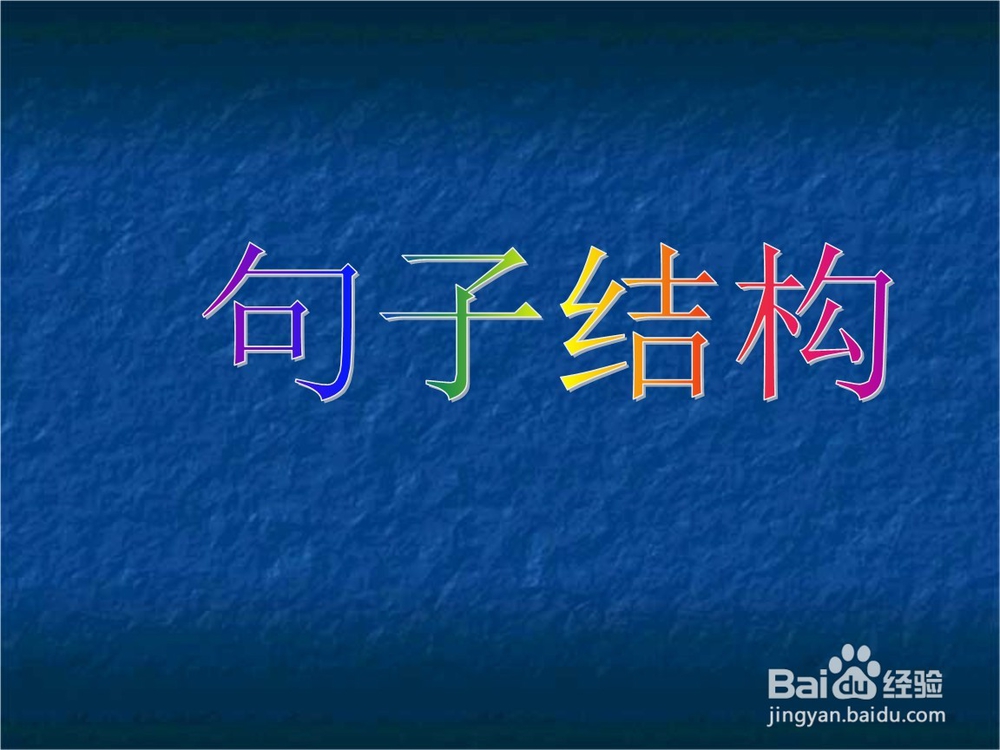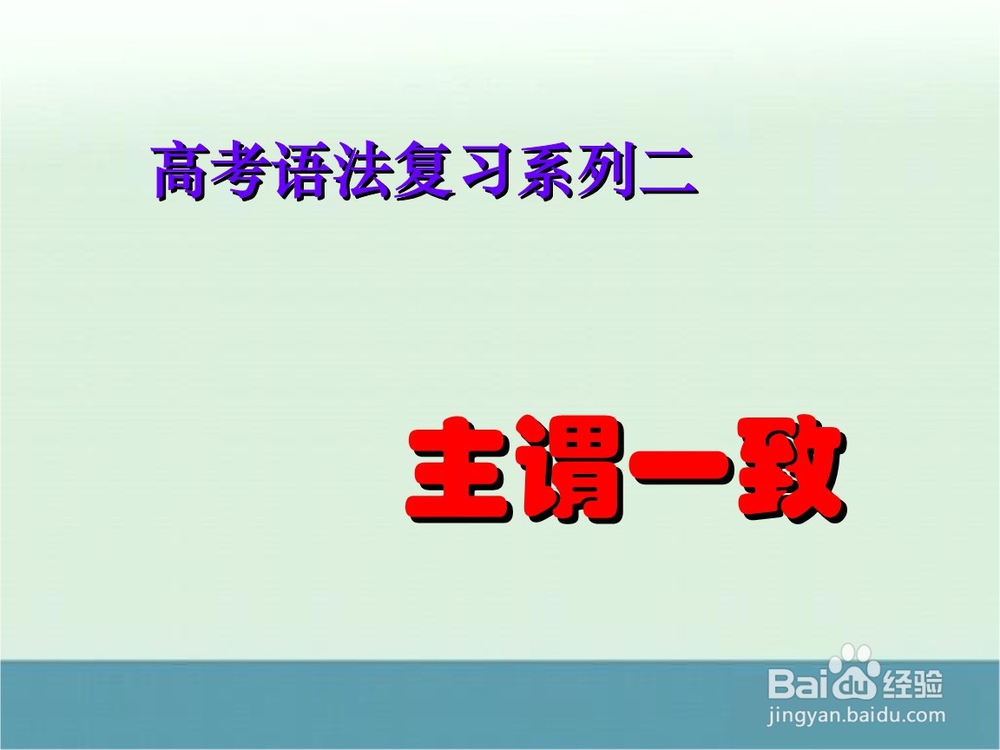并列主语的主谓一致的用法
1、用法一:两个单数名词用and连接,表示两个不同的概念时,谓语动词用复数。如:
Steam and ice are different forms of water.
蒸汽和冰是水的不同形态。

2、用法二:两个单数名词用and连接,表示同一人、同一物或同一个概念,或表示不可分的整体时,谓语动词仍用单数。如:
Trial and error is the source of our knowledge
反复尝试是我们(获得)知识的源泉。

3、用法三:被 every,each, many a,no等限定的单个主语由and连接时,谓语动词仍用单数。如:
Each boy and each girl has an apple.
每个男孩和每个女孩都有一个苹果。
Many a teacher and many a student has seen the film.
许多老师和学生都看过这部电影。

4、用法四:一个单数名词或不可数名词被几个用and连接的并列形容词修饰时,可以指一件事或几件事,这种名词作主语,要根据意义一致的原则决定谓语动词的单复数形式。如:
English and American literature are appealing to her.
英国文学和美国文学都对她有吸引力。

5、用法五:由and连接的两个what从句作主语时,要根据意义一致原则决定谓语动词的单复数形式。如:
What he says and does do not agree.
他言行不一致。
What he says and does does not concern me
他的言行与我无关。

6、用法六:由or,nor, either.or, neither..nor, not only….but(also)连接的并列主语,通常根据就近原则,谓语动词的单复数形式要和与它邻近的主语的单复数一致。如:
One or two friends are coming this evening.
今天晚上有一两个朋友要来。
Either you or I am going to be in charge of this matter.
不是你就是我将负责这件事。

7、用法七:单数名词作主语,后跟with, along with, together with,as well as, rather than, as much as,but, except等加其他名词时,谓语动词仍用单数形式。如:
Dr Smith, together with his wife, is to arrive on the evening flight.
史密斯博士及其夫人将乘夜班飞机抵达
Nobody but one teacher and three students was in the laboratory
只有一个老师和三个学生在实验室里。
